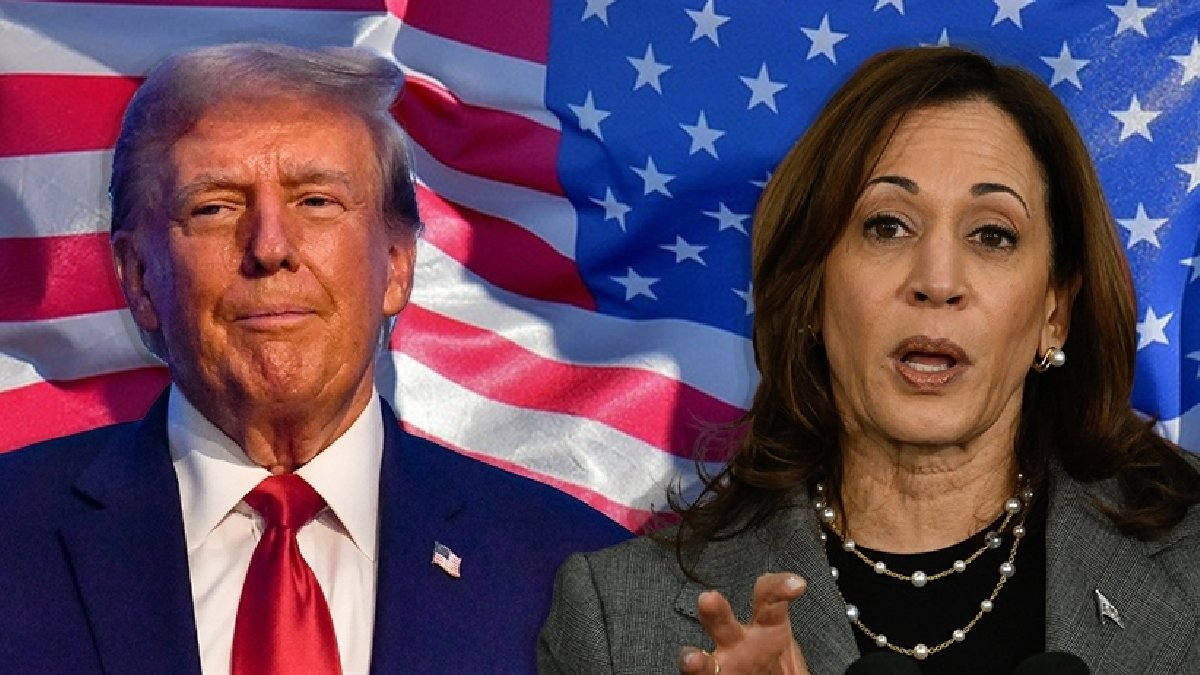As the 2024 presidential election approaches, a significant gender divide has emerged in voter preferences. Donald Trump holds a commanding lead among male voters, while Kamala Harris enjoys a similarly strong support base among women. This political gender gap, rooted in years of social upheaval, could play a pivotal role in determining the election’s outcome.
Kamala Harris and the Gender Factor
Kamala Harris, the first woman of color to secure a presidential nomination and only the second woman ever to reach this stage, strives to downplay her identity in campaign discussions. In a recent CNN interview, she emphasized her qualifications for the presidency, stating, “I believe that I am the best person to do this job at this moment for all Americans, regardless of race and gender.”
Despite her efforts to focus on her capabilities, gender is increasingly becoming a central issue in the campaign. Acknowledging this reality, a Harris campaign official suggested that “hidden sexism” may deter some voters from supporting her candidacy. While many might not openly admit their biases, they may express concerns about Harris’s readiness or personality, which can often be a veiled reference to her gender.
Trump Campaign’s Perspective
The Trump campaign dismisses the notion that gender plays a role in voter preferences. Bryan Lanza, a senior adviser, stated, “Kamala is weak, dishonest, and dangerously liberal, and that’s why the American people will reject her.” He expressed confidence in Trump’s potential victory, attributing it to the male gender gap that favors the former president.
Historical Context of Gender Bias in Elections
Reflecting on past elections, especially Hillary Clinton’s 2016 campaign, it’s evident that gender biases influenced voter perceptions. Madeleine Dean, a Pennsylvania Congresswoman, recounted conversations where constituents expressed vague discomfort with Clinton, which she later recognized as being tied to her identity as a woman. Although Dean believes such sentiments are less pronounced today, she acknowledges that resistance to powerful women persists for some voters.
The Impact of Social Movements
Since 2016, significant strides have been made for women, particularly through the #MeToo movement, which raised awareness of gender discrimination. This shift has improved the landscape for female candidates like Harris. However, these advancements have also sparked backlash among certain demographics, particularly young men who feel marginalized by changing societal norms.
Current Gender Gap and Voter Attitudes
Recent CBS News polling indicates a widening gender gap in voter preferences, reflecting broader societal attitudes. Men are more inclined to believe that efforts to promote gender equality have gone too far, aligning themselves more closely with Trump. Conversely, women tend to believe these efforts are insufficient and are more likely to support Harris.
The polling also reveals that men are less likely than women to view Harris as a strong leader. In contrast, a majority of men believe Trump embodies strong leadership qualities. This dynamic suggests that the upcoming election is not merely a choice between candidates, but a referendum on gender roles and societal changes.
Young Men’s Reactions to Social Changes
Young men, in particular, may feel alienated by the recent social shifts, grappling with a sense of being overlooked in conversations surrounding gender equity. John Della Volpe, director of polling at the Harvard Institute of Politics, noted that young men often fear being labeled as misogynistic or homophobic for asking questions about their changing roles. This frustration can lead them to align with figures like Trump, who they perceive as representing their concerns.
As the election date approaches, the interplay of gender dynamics and societal changes will continue to shape the political landscape, influencing voter behavior and potentially swaying the election’s outcome.


















